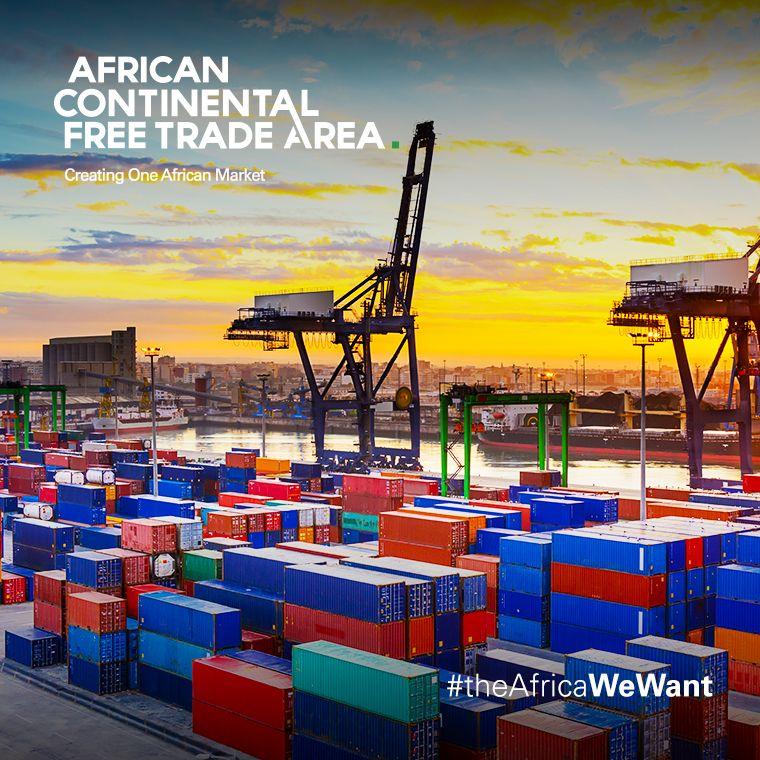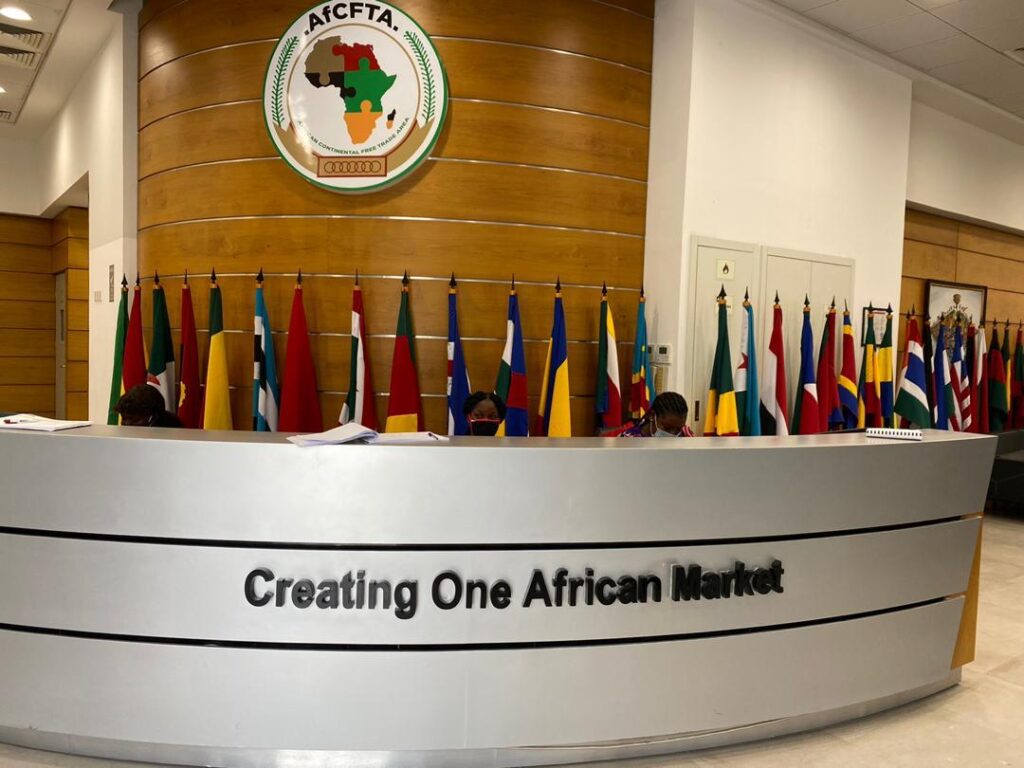The African Continental Free Trade Area (AfCFTA) is a landmark agreement that has the potential to reshape the trajectory of the African continent. With its implementation, African countries aim to increase economic integration, promote intra-African trade, and create opportunities for sustainable development. This article explores the AfCFTA and its potential to bring about positive change across the African continent.
Economic Integration:
The AfCFTA seeks to establish a single market for goods and services, covering all 55 member countries of the African Union. By removing tariff barriers and reducing non-tariff barriers, the agreement aims to facilitate the free movement of goods, services, and people across Africa. This economic integration is expected to enhance regional trade, boost productivity, and attract foreign direct investment.
Intra-African Trade:
Intra-African trade has historically been low compared to other regions. The AfCFTA intends to change this by creating a conducive environment for increased trade among African countries. By eliminating trade barriers and harmonizing trade rules, the agreement is expected to significantly enhance intra-African trade. This, in turn, will stimulate economic growth, create jobs, and reduce reliance on external markets.

Market Expansion:
With a combined GDP of over $3 trillion and a population exceeding 1.3 billion people, the AfCFTA presents a massive market for African businesses. By opening up new opportunities for trade, the agreement can enable businesses to expand their operations, access larger consumer bases, and achieve economies of scale. This increased market access can lead to enhanced competitiveness, innovation, and overall economic growth.
Industrialization and Diversification:
The AfCFTA can play a crucial role in promoting industrialization and diversification within African economies. By facilitating increased trade in industrial goods, the agreement encourages the development of domestic industries and value chains. This can lead to the creation of more high-skilled jobs, the transfer of technology and knowledge, and the development of a more sustainable and resilient African economy.
Infrastructure Development:
To fully harness the potential of the AfCFTA, investments in infrastructure are essential. Improved transportation networks, logistics systems, and digital connectivity will facilitate the smooth movement of goods and services across the continent. Through regional infrastructure projects, such as transport corridors and energy networks, the AfCFTA can unlock Africa’s vast economic potential and drive inclusive growth.

Conclusion:
By promoting economic integration, intra-African trade, market expansion, industrialization, and infrastructure development, AfCFTA could transform Africa. With strong political will, effective institutions, and cross-border cooperation, the AfCFTA can make Africa more prosperous and interconnected, leading to sustainable development and improving millions of Africans’ lives.
